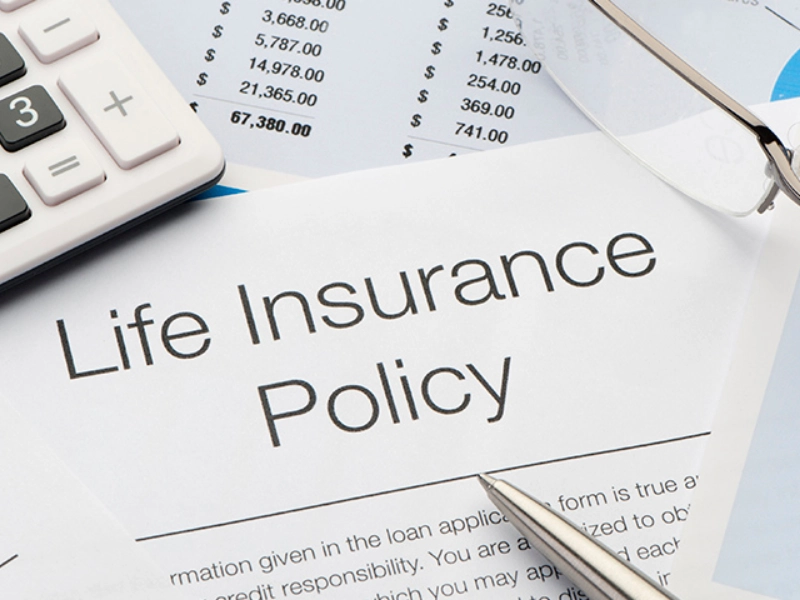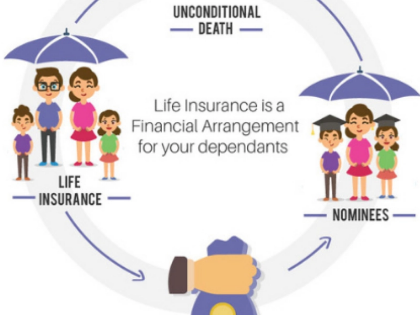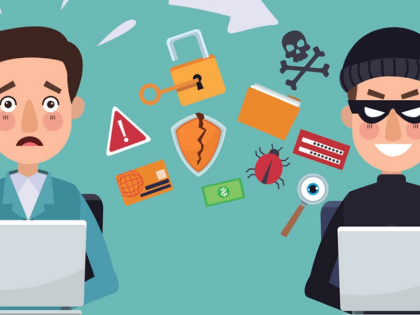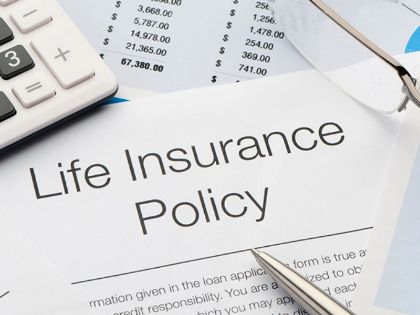Social Media and Liability Insurance: Guarding Against Internet Risks
Social media has become a daily aspect of our lives, regardless of whether we are individuals or businesses. However, it also entails a number of risks, such as copyright violations, libel and slander. Social media liability coverage is often included in regular business insurance plans. This coverage includes defense expenses for lawsuits involving slander and libel. However, to handle particular exposures, customized coverage can be required.
Slander and libel
 Your CGL policy's Coverage A or Coverage B is extended to include social media liability coverage, which helps shield you against claims of libel, slander, defamation, unauthorized use of intellectual property, plagiarism, and invasion of privacy. All of these typical dangers have the potential to harm your reputation online.
There is a fine line separating libel and slander. While slander is traditionally spoken, libel is traditionally written. However, with technology blurring the limits, everything from podcasts to text messages could be deemed defamatory.
The same holds true for plagiarism and piracy, as well as copyright violations. All of these are seen as instances of intellectual property theft, and facing legal action may be expensive. Liability for employment practices is yet another issue connected to social media. This kind of claim stems from your conduct—or lack thereof—with regard to employee-related matters and has the potential to harm the reputation of your company. This kind of accusation may occasionally lead to the suspension of your company's operations.
Your CGL policy's Coverage A or Coverage B is extended to include social media liability coverage, which helps shield you against claims of libel, slander, defamation, unauthorized use of intellectual property, plagiarism, and invasion of privacy. All of these typical dangers have the potential to harm your reputation online.
There is a fine line separating libel and slander. While slander is traditionally spoken, libel is traditionally written. However, with technology blurring the limits, everything from podcasts to text messages could be deemed defamatory.
The same holds true for plagiarism and piracy, as well as copyright violations. All of these are seen as instances of intellectual property theft, and facing legal action may be expensive. Liability for employment practices is yet another issue connected to social media. This kind of claim stems from your conduct—or lack thereof—with regard to employee-related matters and has the potential to harm the reputation of your company. This kind of accusation may occasionally lead to the suspension of your company's operations.
Privacy Invasion
 As more and more aspects of our lives are now digital, privacy has grown to be a top worry for many users. Social media sites, such as Facebook, LinkedIn, Twitter, and Snapchat, have allowed internet companies access to a user's personal data, including names, addresses, photos, videos, and even real-time geolocation.
These websites give fraudsters and criminals access to personal data, which they can use to steal someone's identity. They may even utilize the data to assault the person physically or online.
Individuals are entitled to privacy, and according to Michigan law, there are four different circumstances in which a civil complaint for invasion of privacy may be filed. These include invasions of privacy, embarrassing personal information being made public, deception, and appropriation. A false-light suit is when the plaintiff's reputation is harmed by the publication of untrue facts about them. For instance, it is deemed a false-light invasion of privacy when a newspaper prints an image of a bystander next to an article about a vehicle accident that the bystander caused.
As more and more aspects of our lives are now digital, privacy has grown to be a top worry for many users. Social media sites, such as Facebook, LinkedIn, Twitter, and Snapchat, have allowed internet companies access to a user's personal data, including names, addresses, photos, videos, and even real-time geolocation.
These websites give fraudsters and criminals access to personal data, which they can use to steal someone's identity. They may even utilize the data to assault the person physically or online.
Individuals are entitled to privacy, and according to Michigan law, there are four different circumstances in which a civil complaint for invasion of privacy may be filed. These include invasions of privacy, embarrassing personal information being made public, deception, and appropriation. A false-light suit is when the plaintiff's reputation is harmed by the publication of untrue facts about them. For instance, it is deemed a false-light invasion of privacy when a newspaper prints an image of a bystander next to an article about a vehicle accident that the bystander caused.
Property damage or injuries
 Insurance for cyber liability is made to cover risks specific to the information technology industry. This kind of coverage aids in paying for award payments, public relations expenses, and cleanup expenses following a data breach.
In the event that a customer is harmed by something you sell online, product liability insurance can support your company. For example, your business might be held accountable for the harm and associated costs if a consumer purchases a battery that overheats and burns them.
This week's podcast features Society Insurance representative Roger Fuerstenau talking about liability and how it might impact your internet reputation. Hear more about the different kinds of hazards that you, as a business owner, may be exposed to.
Insurance for cyber liability is made to cover risks specific to the information technology industry. This kind of coverage aids in paying for award payments, public relations expenses, and cleanup expenses following a data breach.
In the event that a customer is harmed by something you sell online, product liability insurance can support your company. For example, your business might be held accountable for the harm and associated costs if a consumer purchases a battery that overheats and burns them.
This week's podcast features Society Insurance representative Roger Fuerstenau talking about liability and how it might impact your internet reputation. Hear more about the different kinds of hazards that you, as a business owner, may be exposed to.
Persons' injuries or damages
 Cyber liability insurance can cover award payments and public relations expenses if someone is hurt by something you wrote or said online. Damages resulting from a data breach may also be covered by this kind of coverage.
Permanent disability or disfigurement might be considered non-economic damages, which are less measurable and more difficult to measure. A person may have emotional effects from these injuries and find it more difficult to engage in their favorite activities.
If a product you sell results in harm to people or property damage, product liability insurance can shield you. For instance, this insurance will assist in paying for medical bills in the event that a customer burns themselves with a battery you sold them on your website. One of the most crucial insurance choices for any company that conducts online sales of goods or services is this kind of coverage.
Cyber liability insurance can cover award payments and public relations expenses if someone is hurt by something you wrote or said online. Damages resulting from a data breach may also be covered by this kind of coverage.
Permanent disability or disfigurement might be considered non-economic damages, which are less measurable and more difficult to measure. A person may have emotional effects from these injuries and find it more difficult to engage in their favorite activities.
If a product you sell results in harm to people or property damage, product liability insurance can shield you. For instance, this insurance will assist in paying for medical bills in the event that a customer burns themselves with a battery you sold them on your website. One of the most crucial insurance choices for any company that conducts online sales of goods or services is this kind of coverage.











